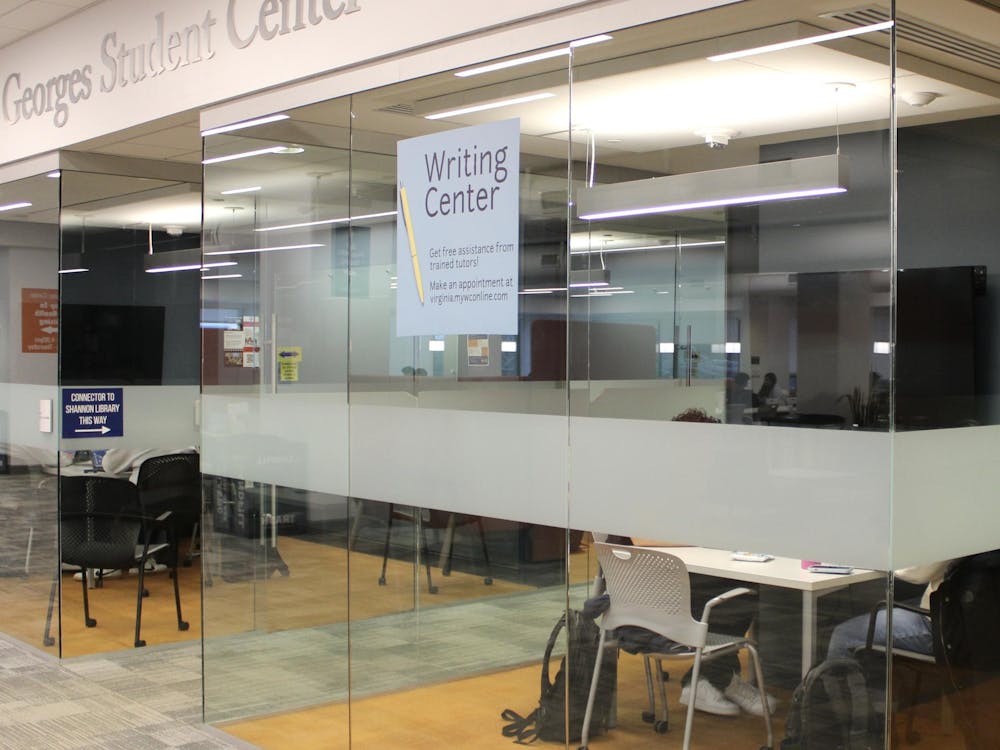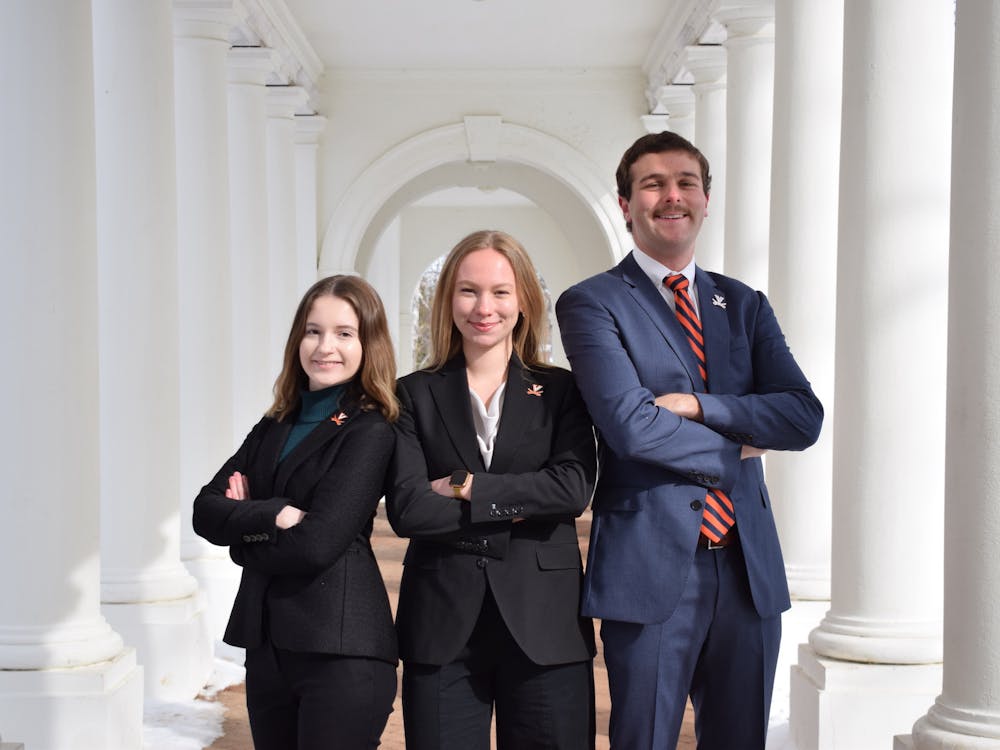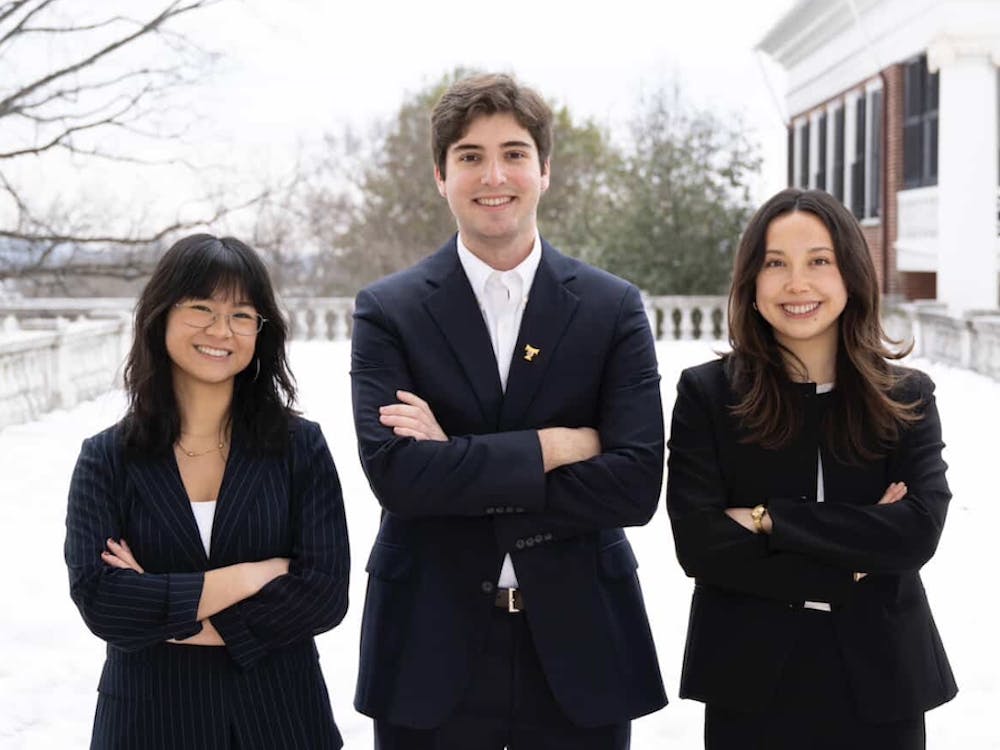Rudy deLeon, senior vice president of national security and international policy at the Center for American Progress, spoke to Batten students and other members of the University community last Thursday about foreign policymaking, including the United States' relationship with China and the effects of the domestic economy.
DeLeon began by speaking about the impact of the recent debt ceiling crisis. He said getting the United States' economic affairs in order is the most important issue for its national security.
"The whole fiasco with the debt extension was an enormous black eye for the U.S.," deLeon said, calling it "an open and unartful display of politics."
He said the United States has a reputation for making a comeback. DeLeon named the United States' rule of law, separation of church and state and ability to assimilate minorities as sources for resiliency in the economy and political structure.
He said entitlement programs and the philosophy begun during the Reagan administration bookend all other government expenditures.
"We are locked into those two bookends," deLeon said. "All the give is in national security spending, student loans, [and other government programs] ... Everything in between the bookends takes all the pressure."
DeLeon said this put the policymakers on a 13-year trajectory to try to balance the budget, recalling the process or working toward a balanced budget during the Clinton administration. He added that if the government cannot come to an agreement on the budget, its default option will be to impose about $1 trillion in defense cuts and to replicate the 2000 tax codes.
"This is the central issue in the public debate: the inability of the two sides to work together and the dysfunction in the Senate system," he said. "There was a measurable number of filibusters until 2005. Now [the system] operates on filibuster ... you can't move any key issues."
DeLeon explained that domestic policy frames the issues of foreign policy.
Regarding China, deLeon said to "avoid miscalculation, you need to have enough of a relationship to talk about hard things before they become problems."
China's focus, like that of the United States, is on the economy, he explained.
DeLeon said iPods and other technologies are designed in the United States and assembled in China, but the Chinese are working toward the day when the entire process will take place in China.\n"If we are going to compete with China in the future, it's going to be about the brain power," he said.
Gerald Warburg, professor of public policy and assistant dean of external affairs, said deLeon's visit was meant to encourage and invite students of the University community to participate in Batten School activities.
"We want to give students to people who can give them advice and [speak about] experience in the field, to create an environment outside the classroom where [students] can continue to learn more," said Anna Mohan, vice president of the International Relations Organization, which presented the event.






